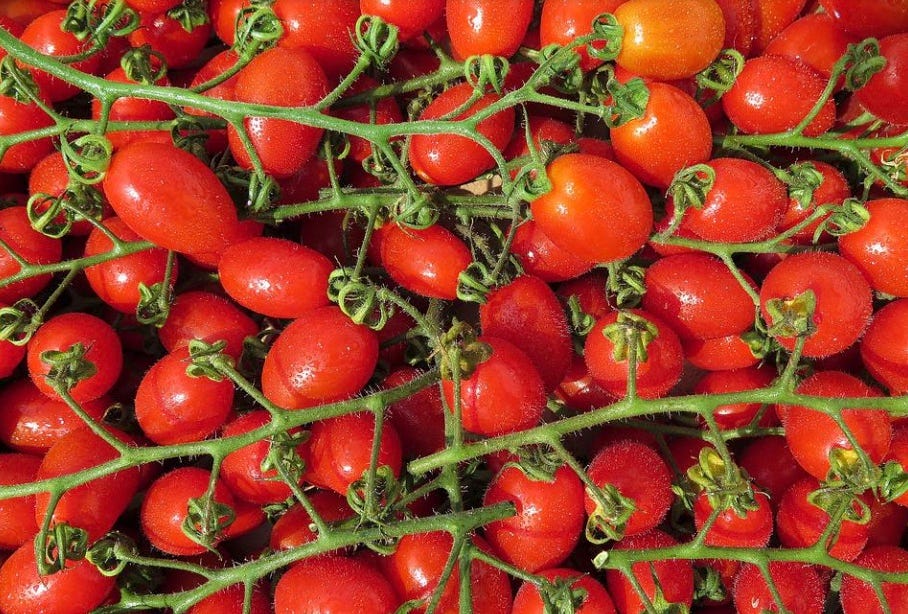Let's ketchup on some alarming tomato news
Any way you slice it, a key crop is threatened by climate change.
(A native of England, Matthew Diebel is a veteran journalist who has worked at NBC News, Time, USA Today and News Corp., among other organizations. Having spent his childhood next to one of the world's fastest bodies of water, he is particularly interested in tidal energy.)
You see them piled in the supermarket. There are cherry tomatoes. Beefsteak tomatoes. Heirloom tomatoes. And more.
But the variety you are most likely to have eaten has a moniker that’s relatively unknown. It’s called the processing tomato, a thick-skinned fruit that is easily transported and used for the production of ketchup, juice, sauce, puree and other packaged tomato products.
And now, due to climate change, it’s under threat, according to a study by an international team in the journal Nature, who predict that production in the main producing countries — the United States, Italy and China, representing 65% of global output — will decrease 6% by 2050 compared with the baseline period of 1980–2009. Additionally, water restrictions and drought are factors that will likely lead to Italy and California being unable to uphold their current processing tomato production numbers.
More alarmingly, when the mathematical model at the heart of the study is expanded, it predicts that the processing tomato yield could be cut in half between 2050 and 2100.
The decline in California appears to be already under way. As reported by National Geographic, last year’s yield was expected to be about 12 million tons when farmers planted the crops, but as the season went on, expectations lowered to 11.6 million tons and the final yield fell short of that as well, landing at 10.7 million tons.
As to the future, the researchers predict production will move north.
Get ready for the red stuff, Oregon.

